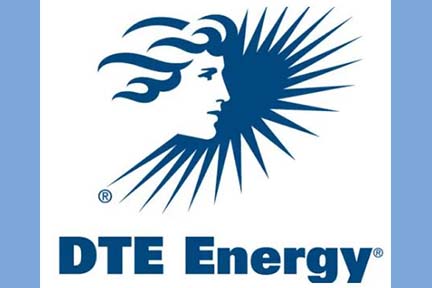
What’s in the Budget to Support Students and Teachers?
LANSING, Mich. – Governor Whitmer has worked with legislators to pass a balanced, bipartisan state budget for Fiscal Year 2024 focused on growing the economy, lowering costs, delivering on kitchen-table issues, and helping anyone “Make it in Michigan.” The fiscal year 2024 education budget includes record investments to support students and expand a pathway to opportunity for every child in Michigan.
“This record, bipartisan education budget will improve student outcomes, lower costs for families, and help every kid pursue their potential from preschool through postsecondary,” said Governor Whitmer. “Since I took office, we have worked across the aisle to support students, parents, and educators and this budget is no different. It will expand free pre-K to 5,600 more kids this fall, saving their families $10,000 a year and taking steps towards Pre-K for All. It will deliver free breakfast and lunch to all 1.4 million public school students, this fall saving their families over $850 a year and valuable time every morning. There’s so much more in the budget on mental health, campus safety, tuition-free paths to higher education for 350,000 more Michiganders, teacher recruitment and retention, and more. This budget will make a real difference in the upcoming school year and will help our students ‘make it’ in Michigan. Let’s keep getting things done.”
The record education budget will improve outcomes and lower costs. It ensures every kid gets free
breakfast and lunch and a great early start with steps towards Pre-K for All. It funds tutoring, before and after school programming, literacy support, and mental health resources so students succeed in the
classroom. The budget also makes Michigan one of the lowest-cost states to become a teacher, with
tuition-free training, student loan repayment, and stipends while student teaching. It will improve
school infrastructure, better transportation options, build facilities, and protect clean air and water in
school. Finally, it sets aside resources in a rainy-day fund for schools and shores up retirements for our
“I’ve spoken to many Superintendents across the state and there is a resounding appreciation for the education funding in this year’s state budget,” said Dr. Tina Kerr, MASA Executive Director. “These dollars are critical to helping our districts address student and staff mental health, increase school safety measures, and provide specialized learning opportunities. It is essential that public education be funded at this level both now and in the future so that our schools can continue to prepare our students for their own success and for Michigan’s future.”
“This is another outstanding budget, one that again works hard on funding adequacy and equity,” said State Superintendent Dr. Michael Rice. “In addition to a 5 percent foundation allowance increase, big percentage increases for the education of students with disabilities and English learners, and additional funding earmarked for staff compensation, the budget funds greater flexibility and continued expansion of the Great Start Readiness Program (GSRP) program toward universally accessible pre-school, the implementation of the governor’s MI Kids Back on Track tutoring program for children who are behind in reading or math, universal school meals for students, and an opportunity index to fund high percentages of economically disadvantaged students. The budget also funds mentoring for new teachers, new counselors, and new administrators, as well as training for school board members, and transportation reimbursement to help address the cost of transportation, especially for rural districts whose per-rider costs are high. In the 30 years since Proposal A to change the school funding system, Michigan hasn’t had two years of back-to-back funding increases close to FY23 and FY24. Kudos to the governor and state legislature for their work, among that of many others, on the budget front.”
“For years, The Alliance has advocated for a budget that invests in equity and supports the individual needs of every Michigan child,” said Peter Spadafore, executive director of the Michigan Alliance for Student Opportunity. “This budget creates the roadmap for achieving that goal while making significant investments in our most vulnerable learners.”
“Healthy School Meals for All will be transformational for Michigan’s students and families,” said Collin McDonough, Director of Michigan Government Relations at the American Heart Association. “Not only will it help students learn—no one can focus on an empty stomach—it will help reduce the risk for chronic diseases such as high blood pressure, cardiovascular disease, and diabetes. Proper nutrition is a key component of a heart-healthy lifestyle, and this having no-cost breakfast and lunch will ensure our students have what they need to succeed inside and outside the classroom. We applaud Governor Whitmer, the state legislature, the Michigan Department of Education, our partner organizations No Kid Hungry Michigan and the School Nutrition Association of Michigan, and the Michigan School Meals Coalition for their tireless work to take this program from an idea to reality.”
“The GSRP funding included in this budget is an investment in today’s children, who are also tomorrow’s workforce here in Michigan, said Carrie Rosingana, CEO of Capital Area Michigan Works! and chair of the PreK for All Action Team. “By expanding access to preK for more kids and supporting new GSRP classrooms this announcement is a reflection of the state’s continued focus on lowering costs for families, supporting early learning, and investing in the growth and retention of early childhood professionals in Michigan.”
“Thanks to the hard work of Gov. Whitmer and leaders in the state House and Senate, our local schools will continue to make progress in attracting and retaining qualified educators who can help our students succeed,” said Paula Herbart, a longtime teacher from Macomb County and president of the Michigan Education Association. “It’s critical that we keep great educators on the job and attract talented people into this noble profession, and this budget agreement provides our schools with much-needed resources to help accomplish these goals.”
Fiscal Year 2024 Record Investments in K-12 Education
- $72.6 million to expand free preschool to up to 5,600 more kids through the Great Start Readiness Program (GSRP).
- $235 million to expand GSRP to 5 days a week and open new classrooms.
- $9,608 per-pupil funding, up $458 over last year. 22% increase since the Governor took office, an all-time high.
- $344.8 million in additional funding for at risk and special education students.
- $150 million for MI Kids Back on Track, offering individualized support for more kids.
- $150 million to strengthen reading instruction, including LETRS training.
- $50 million to expand before and after school programming.
- $10.5 million to add one literacy coach per ISD and improve coach compensation.
- $328 million to support school safety and student mental health.
- $160 million to provide free breakfast and lunch to every kid and forgive all school meal debt.
- $59.5 million to improve campus health facilities and recruit and retain health professionals.
- $28.9 million additional to continue mental and physical health services on school campuses.
- $8 million to establish Nature Awaits, providing every 4th grader a free field trip to a state park.
- $370 million to support teachers, including continued support for the MI Future Educator
- Program (which provides a tuition free path for college students to become certified teachers) and funds to retain and develop existing teachers through mentorship programs.
- $76 million to expand ‘grow your own’ programs, helping districts train staff for classroom roles.
- $50 million to strengthen teacher mentoring programs.
- $30 million to recruit, train, and retain early educators, additional $15 million specifically for rural areas.
Infrastructure & Fiscal Responsibility
- $450 million for a new dedicated rainy-day fund for schools.
- $400 million to shore up the retirement of our hardworking school faculty and staff.
- $350 million to lower transportation costs for districts.
- $125 million to buy electric vehicle buses, improving air quality, lowering road noise.
- $50 million for MI Healthy Schools, improving air and water quality.
|
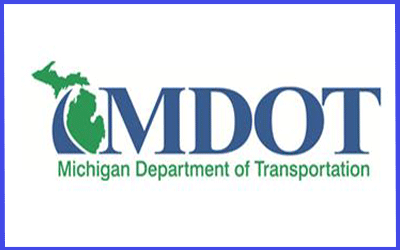


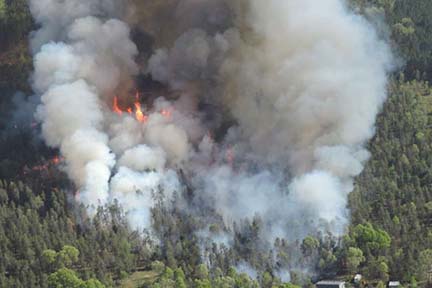

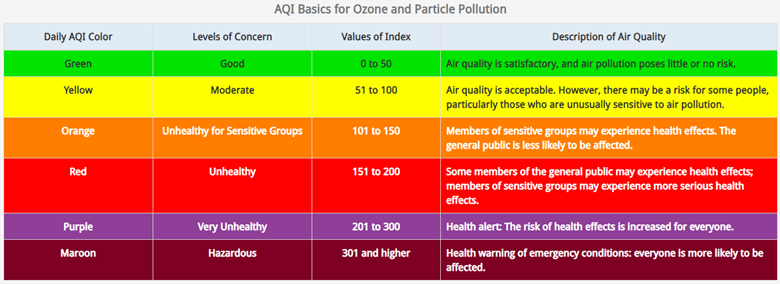


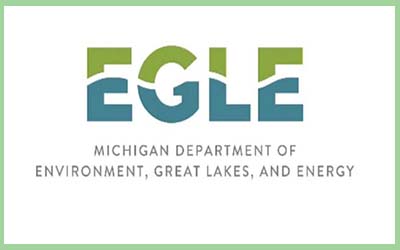

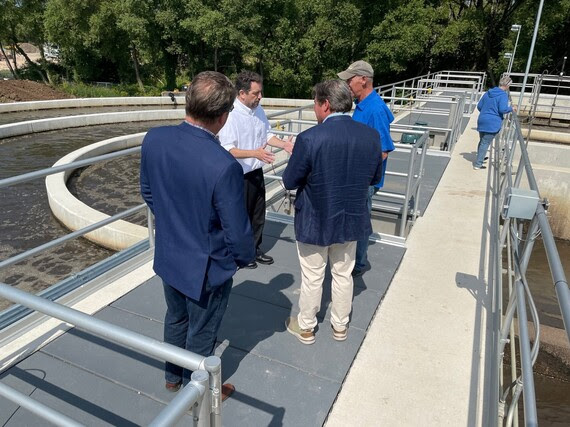 Cheboygan Director of Public Works Jason Karmol explains to local and state officials the workings of the wastewater treatment facility’s new oxidation ditch. EGLE photo.
Cheboygan Director of Public Works Jason Karmol explains to local and state officials the workings of the wastewater treatment facility’s new oxidation ditch. EGLE photo.